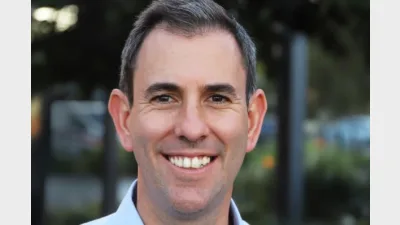Super shortfalls for Gens X and Y
Generations X and Y believe they will have to work throughout retirement because the age pension will not exist and their superannuation will be insufficient, according to the findings of a nationwide public opinion poll commissioned by Finsia.
The research found while the majority of under 40-year-olds were retirement literate and aware they could contribute a greater voluntary percentage to superannuation, 65 per cent did not do so.
Finsia chief executive Brian Salter said higher housing costs and education expenses were starting to have an effect, and Generations X and Y needed an easier way to save for retirement.
“The results question whether the Federal Government’s back-end focus on superannuation taxes will motivate younger Australians to save, given their retirement is decades away,” he said.
“In November 2001, Prime Minister John Howard stated that super should be seen as lifetime savings, as a strategy for all Australians from their earliest years. While the Prime Minister’s comment succinctly summarises what an effective retirement income should be, the reality is that our current system falls short of the mark.”
Salter said a scheme that entailed superannuation contributions of 12 per cent, unless employees explicitly opted-out of the 3 per cent increase, would be an improvement on the current system.
The poll involved 600 people aged between 25-44 years.
Recommended for you
Following the roundtable, the Treasurer said the government plans to review the superannuation performance test, stressing that the review does not signal its abolition.
The Australian Prudential Regulation Authority (APRA) has placed superannuation front and centre in its 2025-26 corporate plan, signalling a period of intensified scrutiny over fund expenditure, governance and member outcomes.
Australian Retirement Trust (ART) has become a substantial shareholder in Tabcorp, taking a stake of just over 5 per cent in the gaming and wagering company.
AustralianSuper CEO Paul Schroder has said the fund will stay globally diversified but could tip more money into Australia if governments speed up decisions and provide clearer, long-term settings – warning any mandated local investment quota would be “a disaster”.











